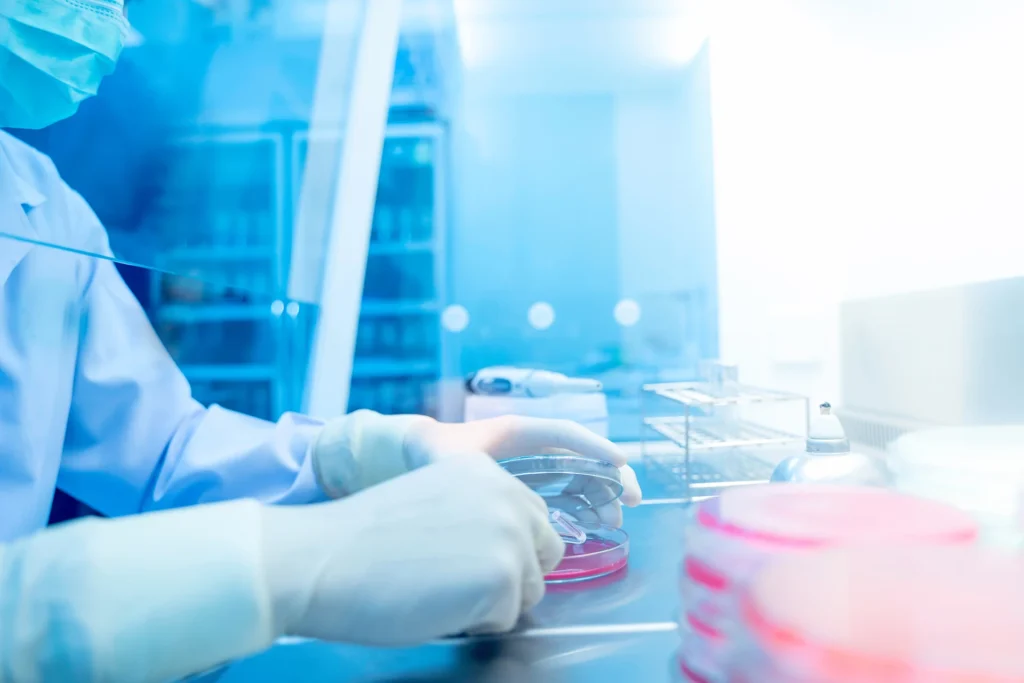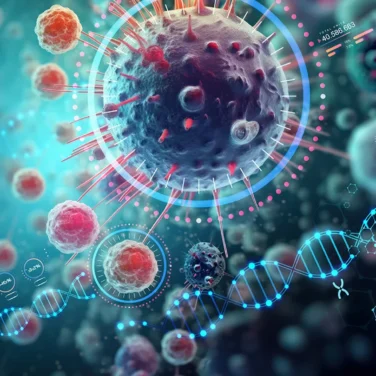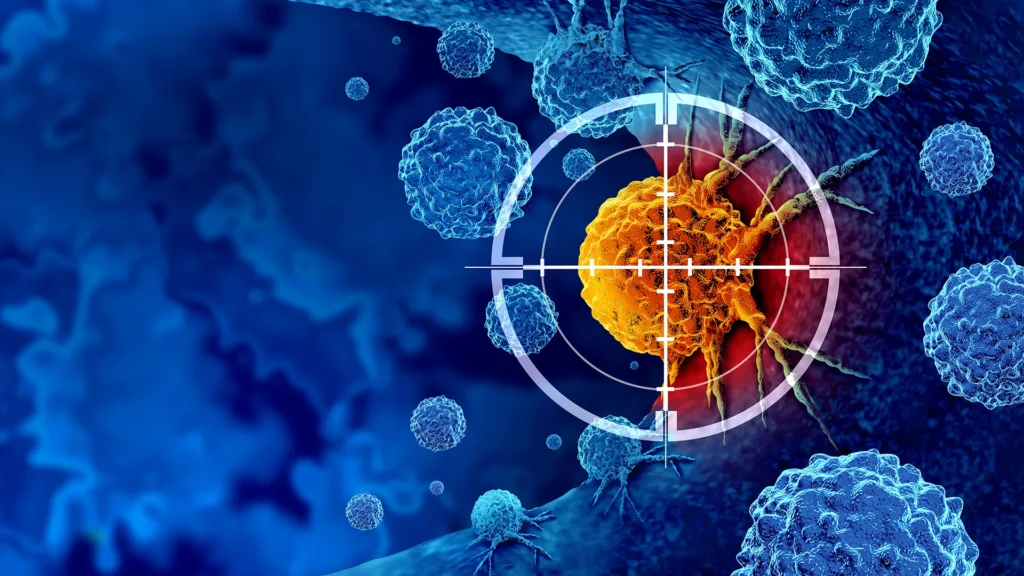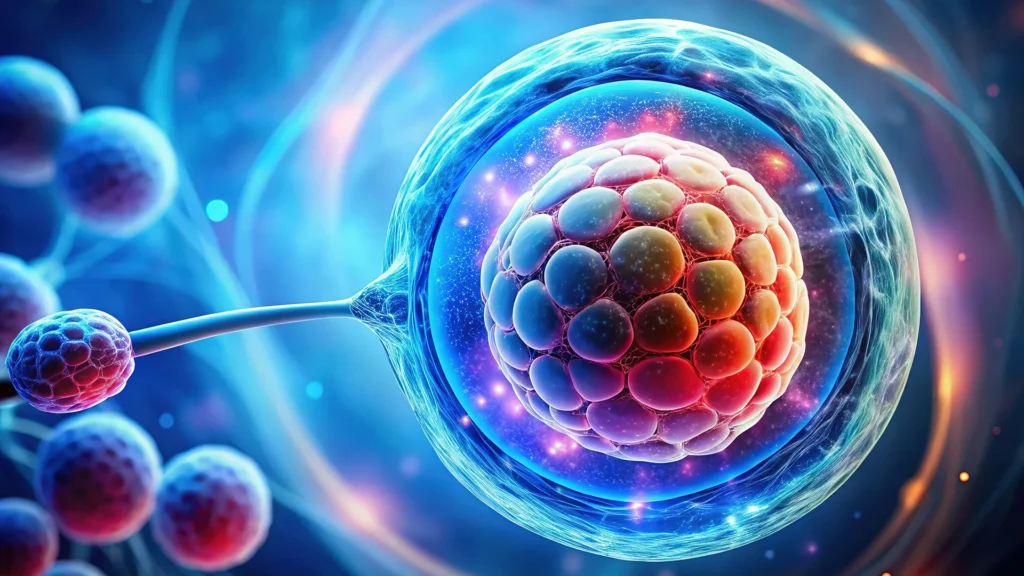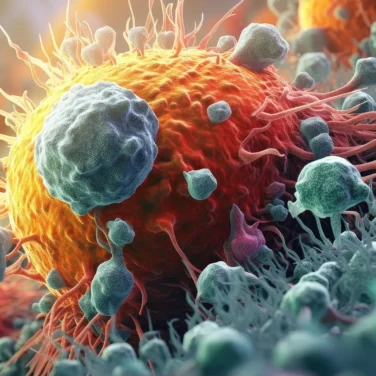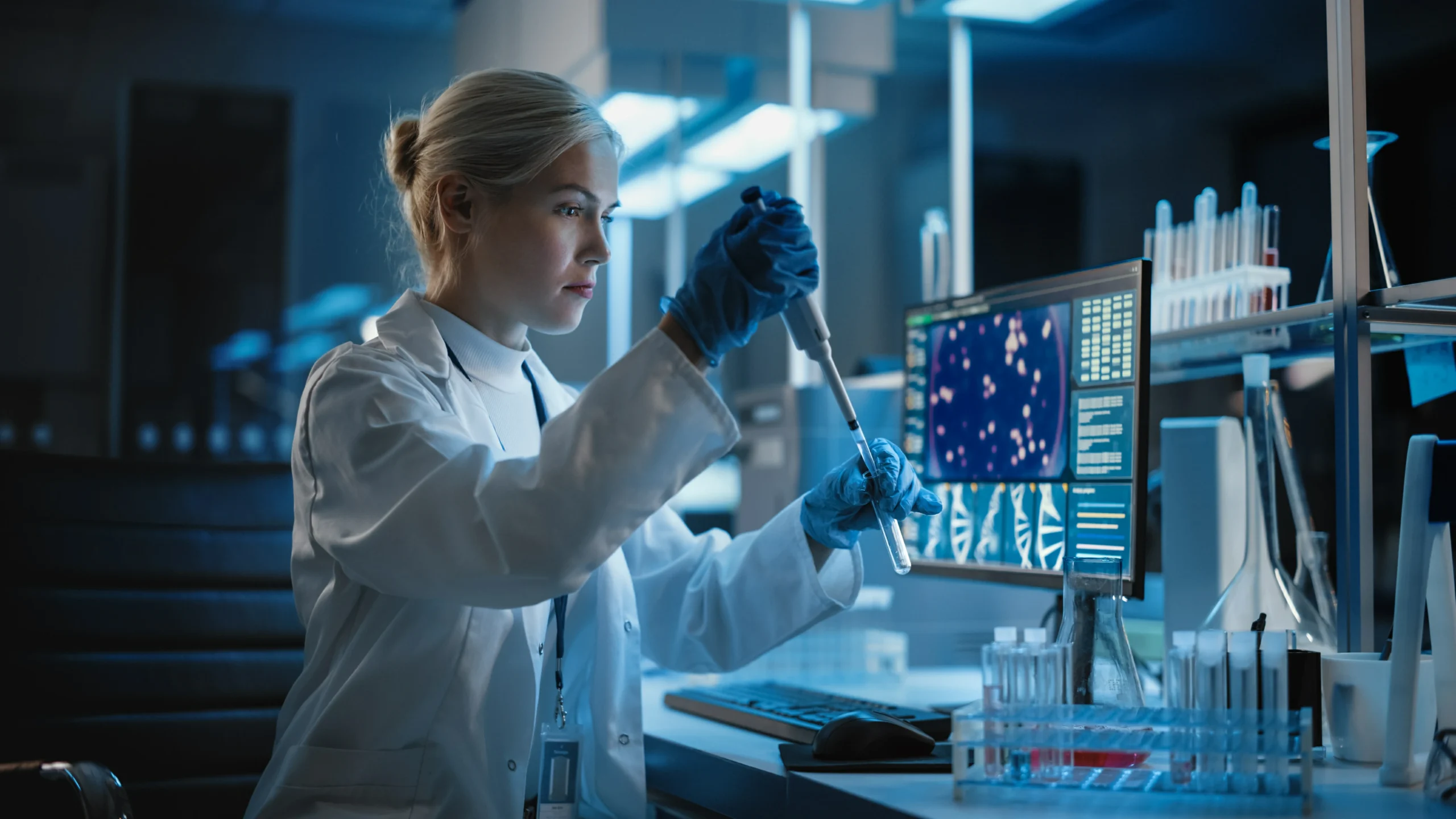
At ERBC, we provide a full range of regulatory and investigative toxicology services to assess the safety of pharmaceuticals, chemicals, agrochemicals, cosmetics, and medical devices, ensuring compliance with international standards.
Our studies, conducted under GLP and non-GLP conditions, offer robust and translational insights to support risk assessment and informed decision-making throughout product development.
With scientific expertise and regulatory guidance, we adapt our toxicology programs to meet specific project requirements, integrating innovative models and New Alternative Methodologies (NAMs) for a more ethical and predictive evaluation.

